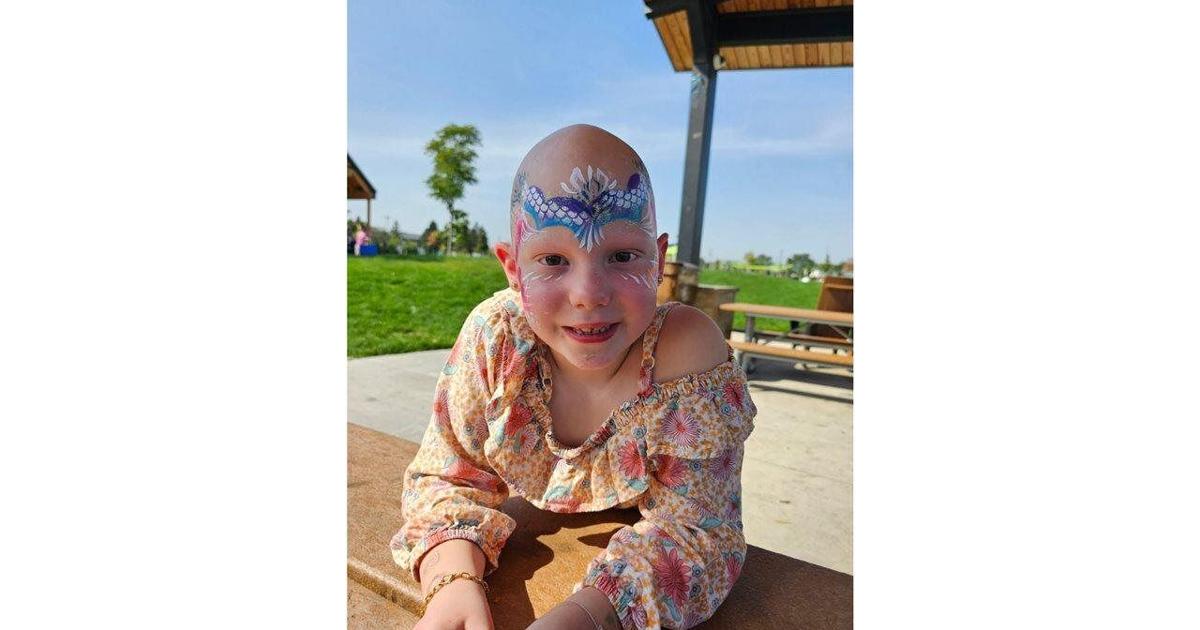Community Walk for Individuals with Alopecia Areata


Navigating Alopecia Areata: A Mother’s Journey Toward Community and Support
The diagnosis of alopecia areata, an autoimmune condition characterized by hair loss, presents significant emotional and social challenges, particularly for children and their families. This was the experience of Keira, a young girl diagnosed with the condition at a tender age of two. Her mother, Leslie, expressed the struggles associated with this diagnosis, highlighting the feelings of isolation and uncertainty that often accompany such a life-altering event.
“When Keira was diagnosed, I felt lost,” Leslie recounted. “The need for information and a support network became imperative.” Alopecia areata can profoundly impact a child’s life, especially in formative years when peer perceptions and social interactions play a crucial role in self-esteem and personal development. Leslie’s resolve to find community support intensified as her daughter transitioned into school life, where the visible absence of hair marked her as different from her peers.
The challenges Keira faced were not just medical; they extended into her social world. Leslie recalled a poignant moment when Keira remarked, “Being the only bald kid at school is really hard.” This statement encapsulates the emotional weight that can accompany the condition. The societal emphasis on physical appearance can lead to feelings of inadequacy in affected children, making community and understanding from both peers and adults essential for fostering resilience and self-acceptance.
In response to her daughter’s struggles, Leslie has committed herself to advocating for awareness about alopecia areata. Through social media platforms and local support groups, she seeks to connect with other families navigating similar challenges. These community ties are instrumental in enabling affected children and their families to share experiences and find comfort in mutual understanding.
Alopecia areata can impact approximately 2% of the population, emphasizing the importance of awareness, education, and support systems. Organizations dedicated to alopecia advocacy work towards debunking myths surrounding the condition while providing resources for families in search of guidance. Through workshops, support networks, and informational sessions, these organizations play a crucial role in helping families cope with the challenges presented by alopecia.
As Leslie continues her journey, her hope is that increased awareness will lead to greater acceptance and understanding within schools and communities. The psychological impact of alopecia areata cannot be overstated, and through stories like Keira’s, there lies an opportunity to foster compassion and inclusivity for those affected by this condition. In a world that often emphasizes physical appearance, acknowledging and addressing such challenges is vital to creating a supportive environment for all children.





